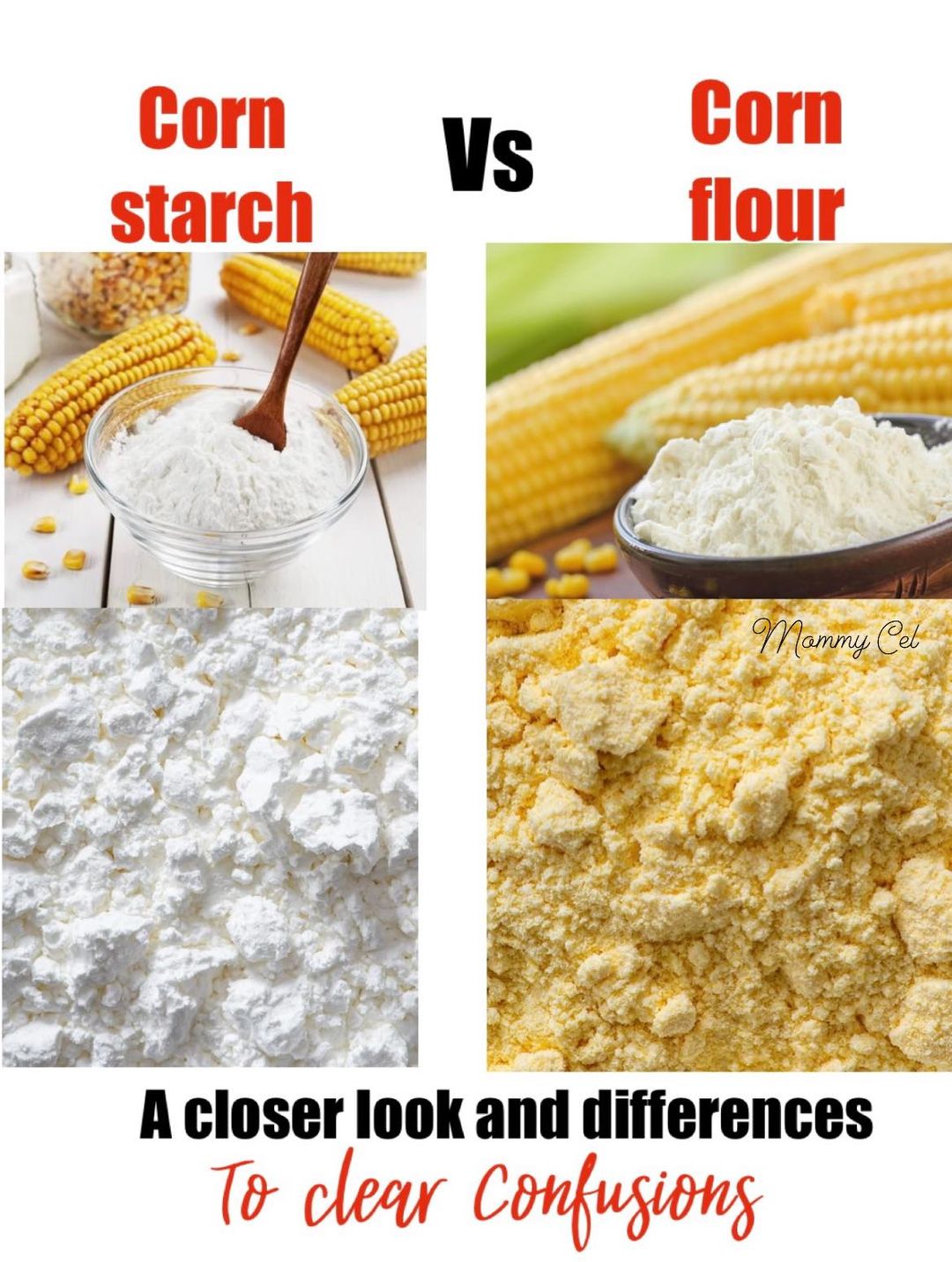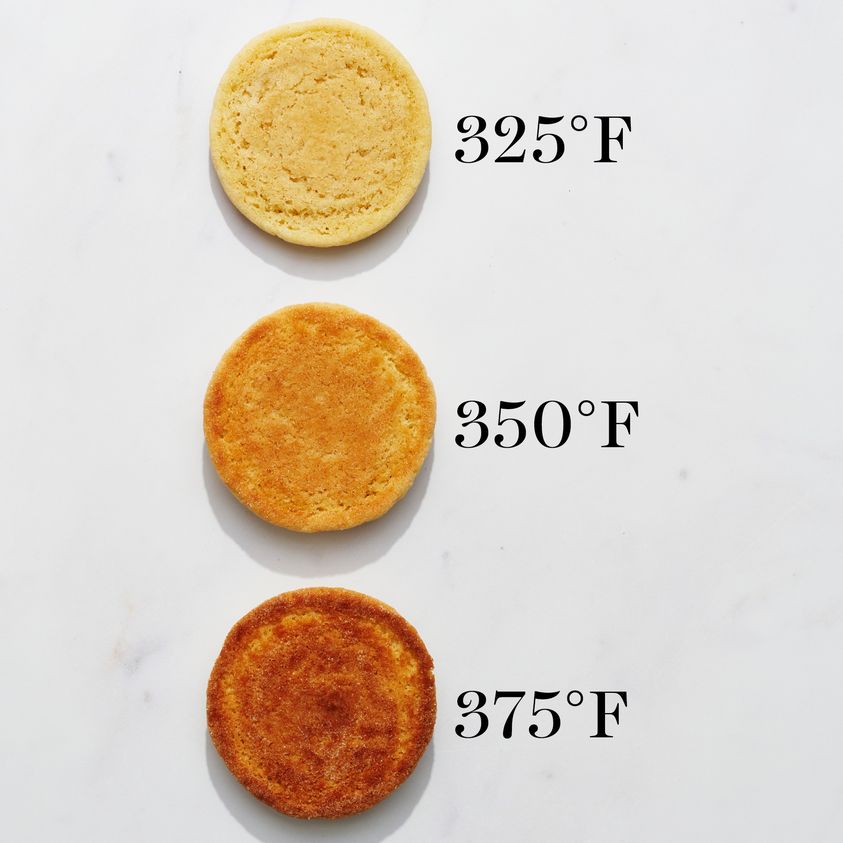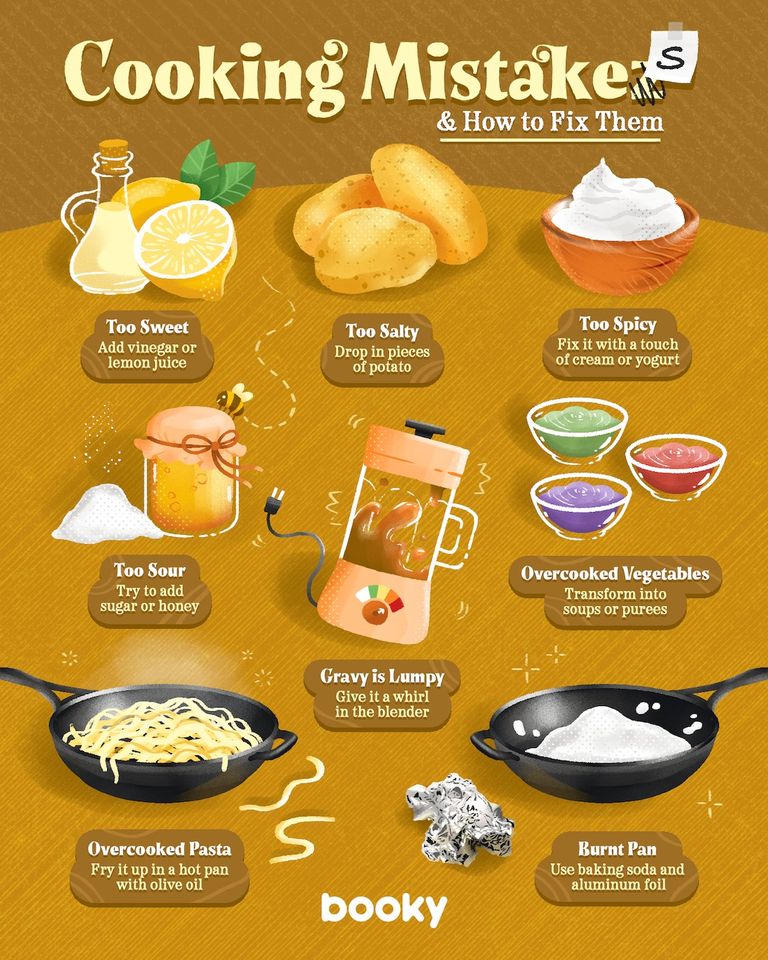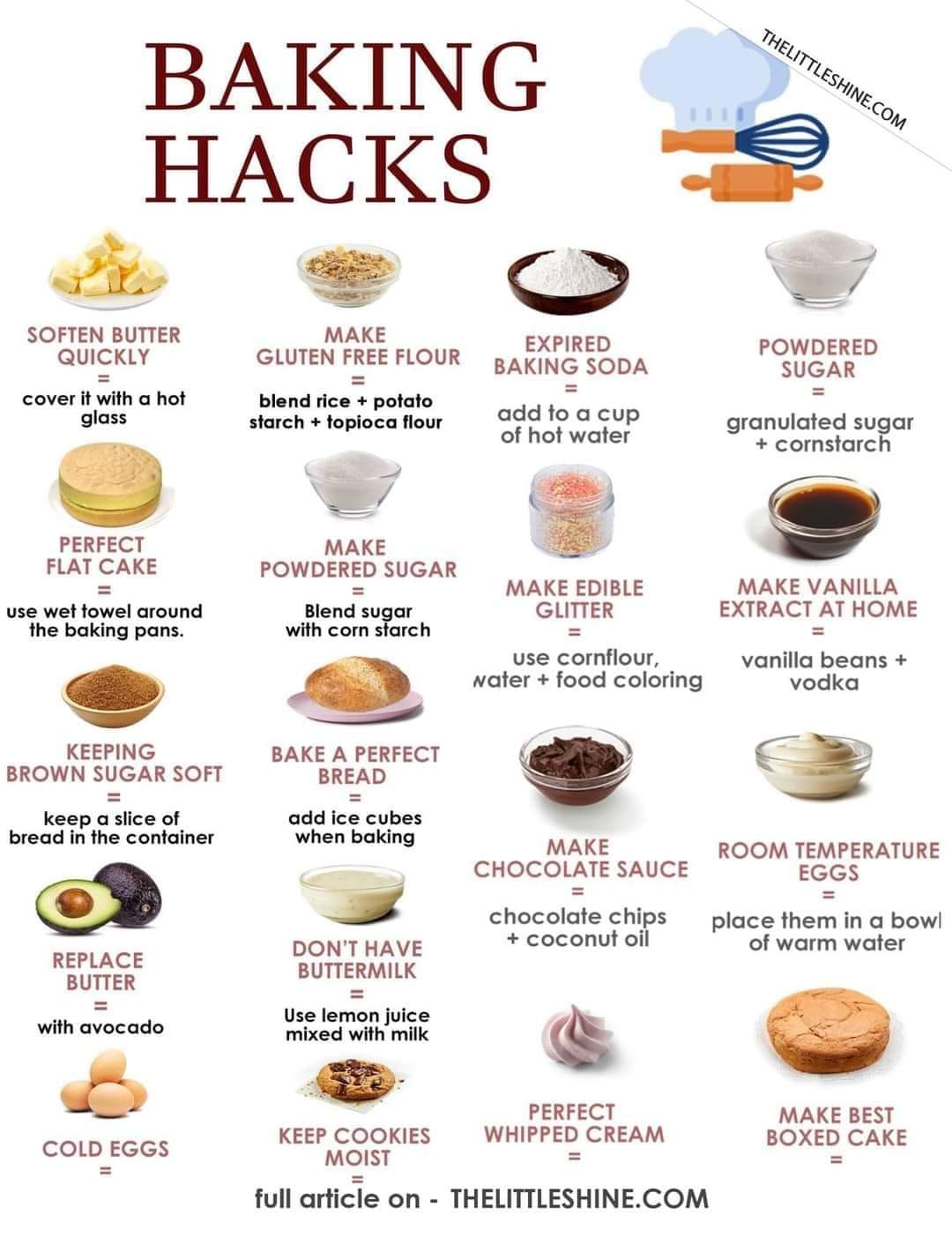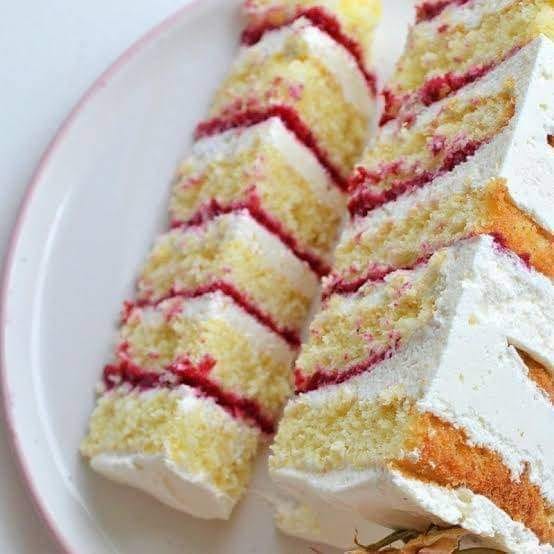Corn Starch and Corn Flour
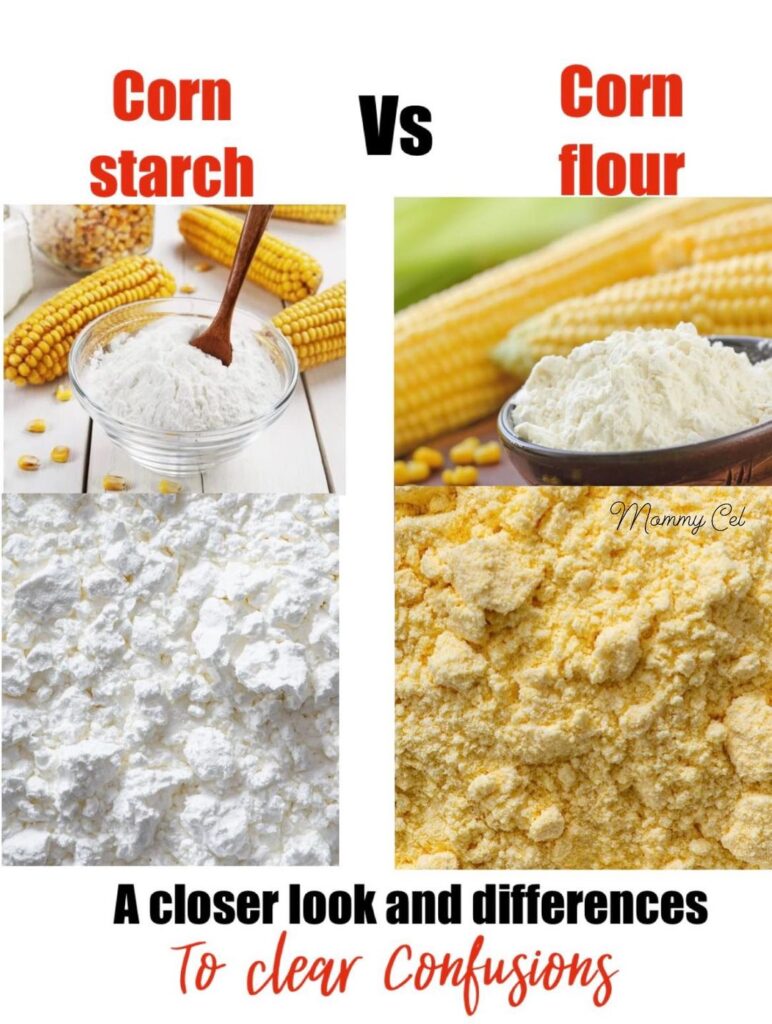
A closer look between corn starch and corn flour
What’s the difference and how to use them.
Cornstarch
Cornstarch is made from the starchy endosperm of corn kernels. It is processed by removing the protein and fiber from the corn kernel. It is white and has the consistency of fine powder.
Corn flour
Corn flour, also known as maize flour, is made by drying and grinding whole corn kernels. It has a somewhat golden tint and can be thick or thin in texture.
What are the nutritional profiles of cornstarch vs. corn flour?
Since corn flour is less refined, it contains more protein, fiber, starch, vitamins and minerals than cornstarch, which is mainly made up of carbs.
What are differences in flavor, consistency and uses of cornstarch vs. corn flour?
Flavor
Cornstarch has a neutral flavor, which can be seen as an advantage because it is often used as a thickening agent without interfering with the flavor of other foods.
Corn flour has a sweet, nutty, grassy flavor similar to corn.
Consistency
Cornstarch is considerably finer in texture than corn flour and has the consistency of baking powder.
Corn flour has a texture similar to that of whole wheat flour.
Uses
Cornstarch is used as a thickening agent and used to create a smooth gel-like consistency in pie fillings and puddings. It is also used to thicken soups and sauces. To prevent lumps, it should be mixed with a cool liquid before being added to a hot dish.
Corn flour works best as a less gritty substitute for cornmeal. It is often used for baking and deep-frying in doughs and batters.
Can I use corn flour in place of cornstarch and vice versa?
Cornstarch and corn flour cannot be used interchangeably in recipes due to their different textures and nutritional values.
Cornstarch cannot be used in baking in the same way as corn flour because it is mostly starch and contains no protein or fat. Cornstarch can be used to help lend a crispy finish to fried or breaded foods.
Corn flour can be used in addition to or instead of wheat flour to make bread, pancakes, biscuits, waffles, and pastries. However, since corn flour is free of gluten, the final product may be dense and more crumbly.

